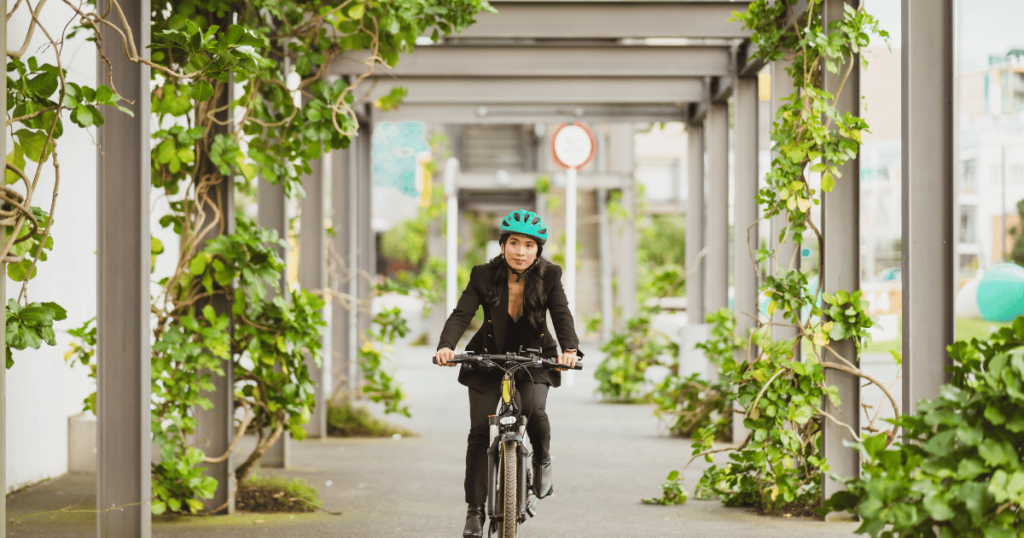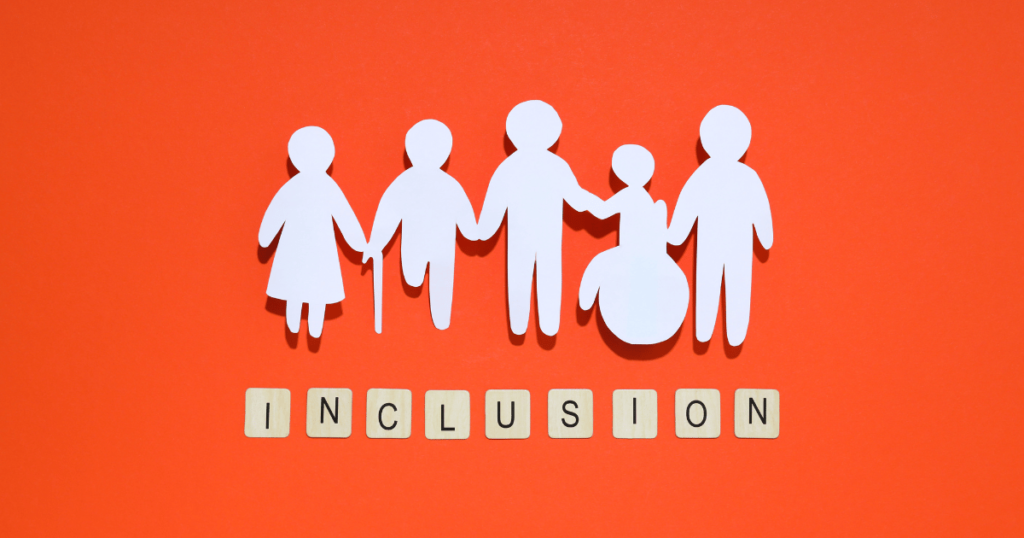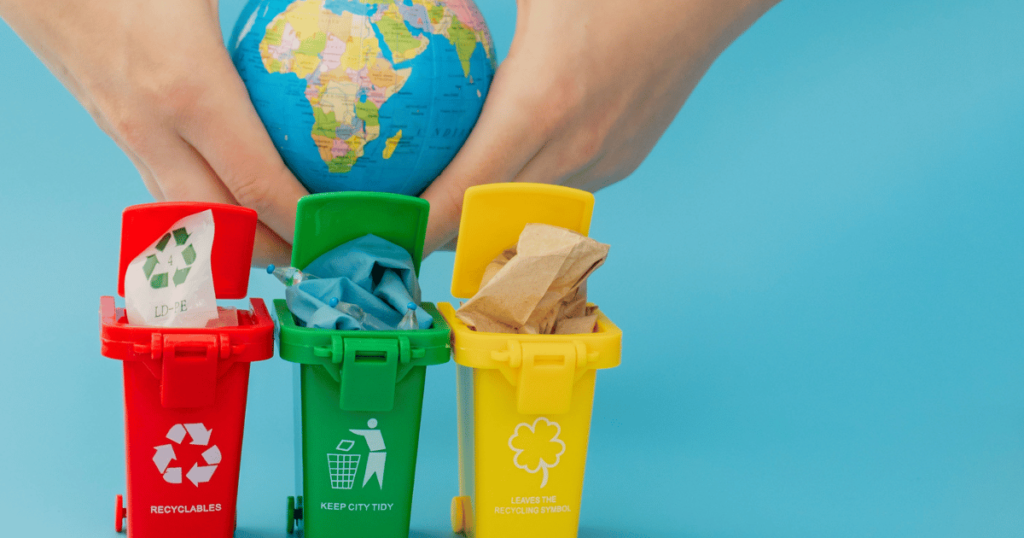
Generation Z, or those born between 1995 and 2010, is the most environmentally conscious generation ever. We care more about sustainability than brand names, and we influence others to make eco-friendly choices. But how can GenZ live a sustainable lifestyle in a world that is facing multiple environmental crises? What practices do we implement for a sustainable lifestyle? And Why is it even important for us to live a sustainable lifestyle?
What does this page contain?
Toggle
You will find answers to all of these questions in this blog!
Buy less, buy better

One of the easiest ways to live more sustainably is to consume less. GenZ is already leading the way in this aspect, as we prefer to buy fewer new clothes and repeat outfits. Shopping from local businesses, thrift stores, and second-hand platforms, which reduce waste and carbon emissions is a greta way to stay sustainable. Buying less also means saving money, which can be used for other purposes or donated to environmental causes.
When buying new products, GenZ should look for quality, durability, and ethical standards. Looking for eco-friendly labels, such as organic, fair trade, recycled, or vegan can decently help you bring in some healthy products. These labels indicate that the products are made with minimal environmental impact and respect for human and animal rights.
Eat green, eat clean

Another major source of environmental impact is food. Interestingly consuming animal food is not as harmful as you think. It can still contribute to circular economy if appropriate waste disposal and management is maintained.
GenZ can also eat more locally and seasonally, which reduces the transportation and storage of food. And we can also grow our own food, or join a community garden, which provides fresh, organic, and low-cost produce.
Moreover, one amazing way to recycle the waste in your home is recycling your waste with your own compost bin, that will cost no more than an old plastic bucket and some starter (earthworms, curd or compost itself).
Travel smart, travel light

Travelling is one of the most loved hobbies of any GenZier (excluding me). But that doesn’t mean we can travel carelessly with no concern for the environment. So what do we do?
GenZ can travel more sustainably by choosing low-carbon or probably more cool modes of transportation, such as walking, biking, public transit, or carpooling.
We should responsibly support local communities and businesses, which benefit from tourism and preserve their traditions and environment and avoiding single-use plastics, such as bottles, bags, or straws, and bring their own reusable alternatives.
Learn more, do more

The most important thing that GenZ can do to live a sustainable lifestyle is to educate oneself and others about the environmental issues and solutions. Most of us often read articles, books, watch documentaries and videos, listen to podcasts, or follow blogs and social media accounts that provide reliable and relevant information. But how many of us really implements it everyday?
I am nowhere proud to call myself a sustainable practicer, because just like most other laziness masks my mind. So can we take a small step today by picking one practice today?
We GenZ use our creativity and innovation to create or support sustainable projects, products, or services. Which means it is pur responsibility to influence and inspire others to live a sustainable lifestyle.
Why is it important for GenZ to live sustainably?

Living sustainably is important for GenZ because we are the generation that will inherit the planet and its problems, but also the generation that can make a difference and create a better future. By choosing a sustainable lifestyle, GenZ can reduce their environmental impact, support ethical and social causes, and influence others to do the same.
According to some studies, GenZ cares more about sustainability than brand names, and they prefer to buy from businesses that have eco-friendly practices. We also invest in companies that have a positive role in the sustainability agenda, and they demand our employers to be accountable and committed to environmental issues. GenZ also educates themselves and others about the environmental challenges and solutions, and use creativity to support sustainable projects, products.
GenZ is playing a major role in the sustainability agenda, and we definitely have the power and the passion to make a difference.
How does sustainable lifestyle benefit environment?

Reduced Carbon Footprint
Sustainable living involves minimizing resource consumption and utilizing renewable resources. This reduces greenhouse gas emissions, helping mitigate climate change and its associated impacts like extreme weather events, sea-level rise, and disruptions in ecosystems.
Conservation of Resources
Sustainable practices aim to conserve natural resources such as water, forests, and minerals. This ensures these resources are available for future generations and prevents depletion or irreversible damage to ecosystems.
Protection of Biodiversity
Sustainable living practices help protect biodiversity by preserving habitats and reducing activities that harm ecosystems. This is vital for maintaining balanced ecosystems, which provide essential services like pollination, clean air, and water purification.
Less Pollution
By adopting sustainable practices like using clean energy sources and reducing waste, there’s a decrease in pollution levels, benefiting both human health and the environment.
Improved Public Health
Sustainable living often involves cleaner air, water, and environments, leading to better public health outcomes by reducing exposure to harmful pollutants and toxins.
Economic Benefits
Sustainable practices can lead to cost savings in the long run by reducing energy consumption, promoting efficiency, and minimizing waste. Additionally, sustainable industries can create new job opportunities and stimulate economic growth.
Enhanced Resilience
Sustainable practices often make communities more resilient to environmental changes and disasters. For instance, using renewable energy sources makes communities less vulnerable to disruptions in fossil fuel supply chains.
Social Equity
Sustainable living promotes fairness and equity by ensuring access to resources and opportunities for all individuals and communities, reducing disparities in access to clean water, clean air, and other essentials.
Educational and Behavioral Shifts
Embracing sustainability encourages education and awareness about environmental issues. It leads to behavioral changes that support more responsible and environmentally friendly actions.
Global Impact
Sustainable living on an individual and community level contributes to a global movement toward a more sustainable future.
Collectively, these actions can have a significant positive impact on the planet.
What practices do we implement for a sustainable lifestyle ?
Implementing a sustainable lifestyle in daily life for Gen Z can involve simple yet impactful changes across various aspects. Here are reasonable points and tricks for integrating sustainability into daily routines:

Fashion Style
Thrifting and Secondhand Shopping: Encourage Gen Z to explore thrift stores, consignment shops, and online platforms for secondhand clothing brands Depop, and Vinted . This reduces waste and supports a circular fashion economy.
Capsule Wardrobe: Promote the idea of a minimalist wardrobe such as Asket with versatile pieces that can be mixed and matched, reducing the need for constant new purchases.
Eco-Friendly Fabrics: Opt for clothing made from sustainable materials like organic cotton, hemp, bamboo, or recycled materials to support eco-friendly fashion brands.

Gardening and Sustainable Food Practices
Grow Your Own Food: Start small by planting herbs, vegetables, or fruits in containers or small garden spaces, promoting a connection to nature and reducing reliance on store-bought produce.
Composting: Encourage composting food scraps to create nutrient-rich soil for gardening. It reduces waste sent to landfills and enriches the soil.
Support Local Farmers and Markets: Buy locally grown and seasonal produce to reduce the carbon footprint associated with long transportation distances.
Reducing Energy Consumption:

Unplugging Electronics: Encourage turning off or unplugging electronics when not in use to save energy and reduce phantom power usage.
Use Natural Light: Make the most of natural light during the day to reduce reliance on artificial lighting.
Transportation

Walking, Biking, or Public Transport: Encourage walking, cycling, or using public transportation when feasible, reducing carbon emissions from personal vehicles.
Cycling: Many cities around the globe have now started the culture of rent cycles, making it easier for people to travel smaller distances.
Carpooling or Ride-Sharing: Share rides with friends or classmates for commuting to reduce the number of vehicles on the road.
Reducing Single-Use Items

Reusable Water Bottles and Bags: Use reusable water bottles and carry reusable shopping bags to minimise single-use plastic waste.
Reusable Straws and Cutlery: Encourage using stainless steel, bamboo, or silicone straws and cutlery instead of single-use plastic ones.
Mindful Consumption

Question Purchases: Try buying quality stuff over quantity. This will help you gather a bunch of useful-only things for your home and can thus save a huge amount of trash from collecting. Encourage critical thinking before making purchases, considering if the item is necessary and its sustainability factors.
Repair and Upcycle: Teach basic repair skills and promote upcycling of old clothes or items to give them new life instead of discarding them.
It’s quite clear that the power to shape a brighter future lies within our daily choices and actions. From fashion to food, energy to transportation, and everything in between, the steps toward a sustainable lifestyle are not only impactful but also surprisingly simple.
We Gen Z, possess the power to steer the course towards a more sustainable future. Let’s harness this power and embrace sustainability as not just a lifestyle choice but a responsibility—a responsibility to protect our planet, promote social equity, and secure a better tomorrow for all.



[url=http://fjksldhyaodh.com/]Iqagqipes[/url] Iugabasaa ilm.naaz.theplantopedic.com.dur.lg http://fjksldhyaodh.com/
Excellent write-up
Thanks for the genuine words Alan!